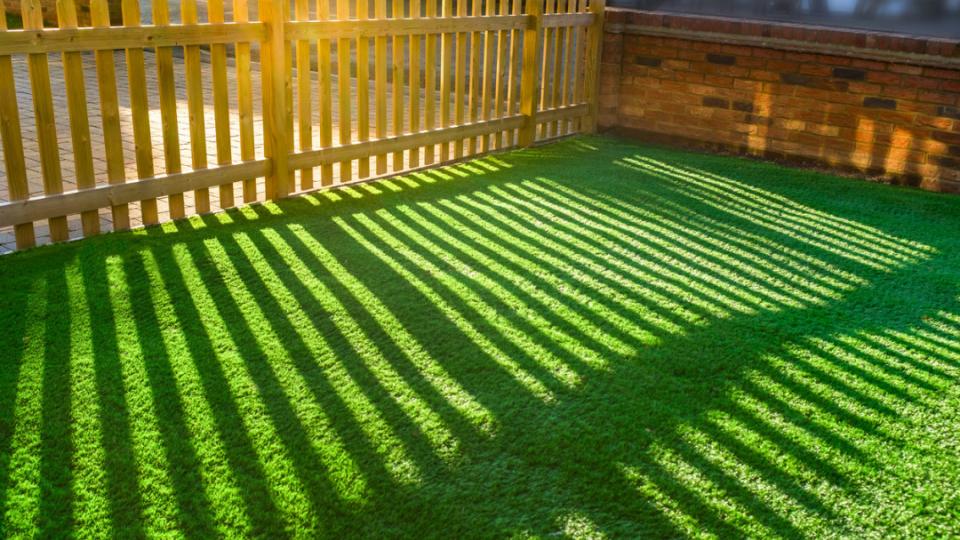Considering Artificial Turf? Things to consider when making a choice.
When it comes to choosing between artificial turf and natural grass for your yard, there are several factors to consider. While artificial turf has gained popularity in recent years, it's important to weigh the pros and cons before making a decision. Let's take a closer look at some of the advantages and disadvantages of artificial turf:
Pros of Artificial Turf:
Durability: One of the main benefits of artificial turf is its durability. Unlike natural grass, which can become worn and damaged over time, artificial turf is designed to withstand heavy use and remain in good condition for years.
Low maintenance: Artificial turf requires little to no maintenance compared to natural grass. Say goodbye to mowing, fertilizing, and watering. With artificial turf, you can save both time and money on yard work.
All-weather surface: Unlike natural grass, artificial turf can withstand various weather conditions. It doesn't get muddy in the rain, and it doesn't turn brown during dry spells. This makes it ideal for areas with extreme weather or limited water availability.
Conservation: Artificial turf doesn't require the use of harmful pesticides or fertilizers, making it an environmentally-friendly option. Additionally, it helps conserve water, as there is no need for regular watering.
Uniform appearance: With artificial turf, you can achieve a perfectly manicured look all year round. It maintains its lush green color, providing an aesthetically pleasing landscape.
Artificial Turf versus Real Grass
Both artificial turf and natural grass have their advantages and disadvantages. Ultimately, the choice between the two depends on your personal preferences and specific needs. Here are a few things to consider when making a decision:
Usage:
Consider how you plan to use your yard. If you have children or pets who will be running and playing outside, natural grass may provide a more forgiving surface. However, if you're primarily looking for a low-maintenance option or have limited water availability, artificial turf might be the better choice.
Climate:
Take into account the climate of your region. Natural grass thrives in areas with moderate temperatures and regular rainfall. If you live in a dry or arid climate, maintaining a lush natural grass lawn may be challenging. In such cases, artificial turf can be a practical alternative.
Cost:
Consider your budget and long-term savings. While artificial turf requires a significant upfront investment, it can save you money on maintenance and water bills over time. On the other hand, natural grass may have lower upfront costs but can be more expensive to maintain in the long run.
Environmental Impact:
If environmental sustainability is a priority for you, consider the impact of your choice on the environment. If you're concerned about conserving water and reducing the use of harmful chemicals, artificial turf might be a more eco-friendly option. Ultimately, there is no one-size-fits-all answer to the artificial turf versus natural grass debate. Consider your specific needs, budget, and environmental concerns to make the right choice for your yard. Be sure to choose a TrustDALE Certified landscaper to install your artificial turf. Whether you opt for the low-maintenance convenience of artificial turf or the natural beauty of real grass, creating a welcoming outdoor space is sure to enhance your enjoyment of your home.

